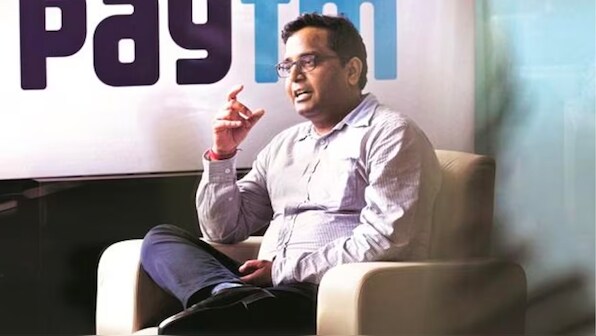Paytm founder Vijay Shekhar Sharma admitted that the company has learned its lessons and could have managed its responsibilities in a different way.
In January 2024, the banking regulator imposed severe restrictions on Paytm Payments Bank due to ongoing non-compliance issues at the institution.
This follows nearly five months after the Reserve Bank of India (RBI) imposed restrictions on Paytm Payments Bank, an affiliated entity of One97 Communications (OCL), the operator of the Paytm brand.
Vijay Shekhar Sharma’s Statements
Vijay Shekhar Sharma mentioned that being publicly listed instills a sense of responsibility and maturity in the company.
Sharma stated at the seventh JITO Incubation and Innovation Foundation (JIIF) annual innovation conclave in Delhi,“I believe we were getting matured, and going towards full profitability, making free cash, and so on. At a professional level, we should have done better and there is no secret about it. We had responsibilities and we should have fulfilled them much better. We learnt our lesson,”
In January this year, the banking regulator imposed severe restrictions on Paytm Payments Bank due to ongoing non-compliance issues. As a result, operations at the payments bank have come to a halt, with most of its business activities being affected by the RBI’s directive.
Starting March 15, the Reserve Bank of India (RBI) prohibited Paytm Payments Bank Limited (PPBL), a subsidiary of Paytm, from accepting deposits, credit transactions, or top-ups in any customer accounts, wallets, and FASTags to protect customer interests, including those of merchants.
The company reported a loss of Rs 167.5 crore during the same period last year.
“The important thing is the kind of lessons as a technology company we had to learn. We just did not show up to those lessons. Well, now we can say that we are far better than what we were,” Sharma added.
OCL went public on the Indian stock exchanges in 2021. On its first trading day, the stock opened at Rs 1,955 per share, a 9 percent discount. Shortly thereafter, it dropped 27 percent from its issue price of Rs 2,150 per share.
Sharma added, “Public markets matter since there is a responsibility towards shareholders, but also because public markets are beyond us.
As a company, we work hard in the business market, and the public market will understand. In due course, all the things that may get discounted do get sorted out.”
At the end of Friday’s session, Paytm stock was trading at Rs 438 a share, a 36.6 per cent decline in price over the past six months.




